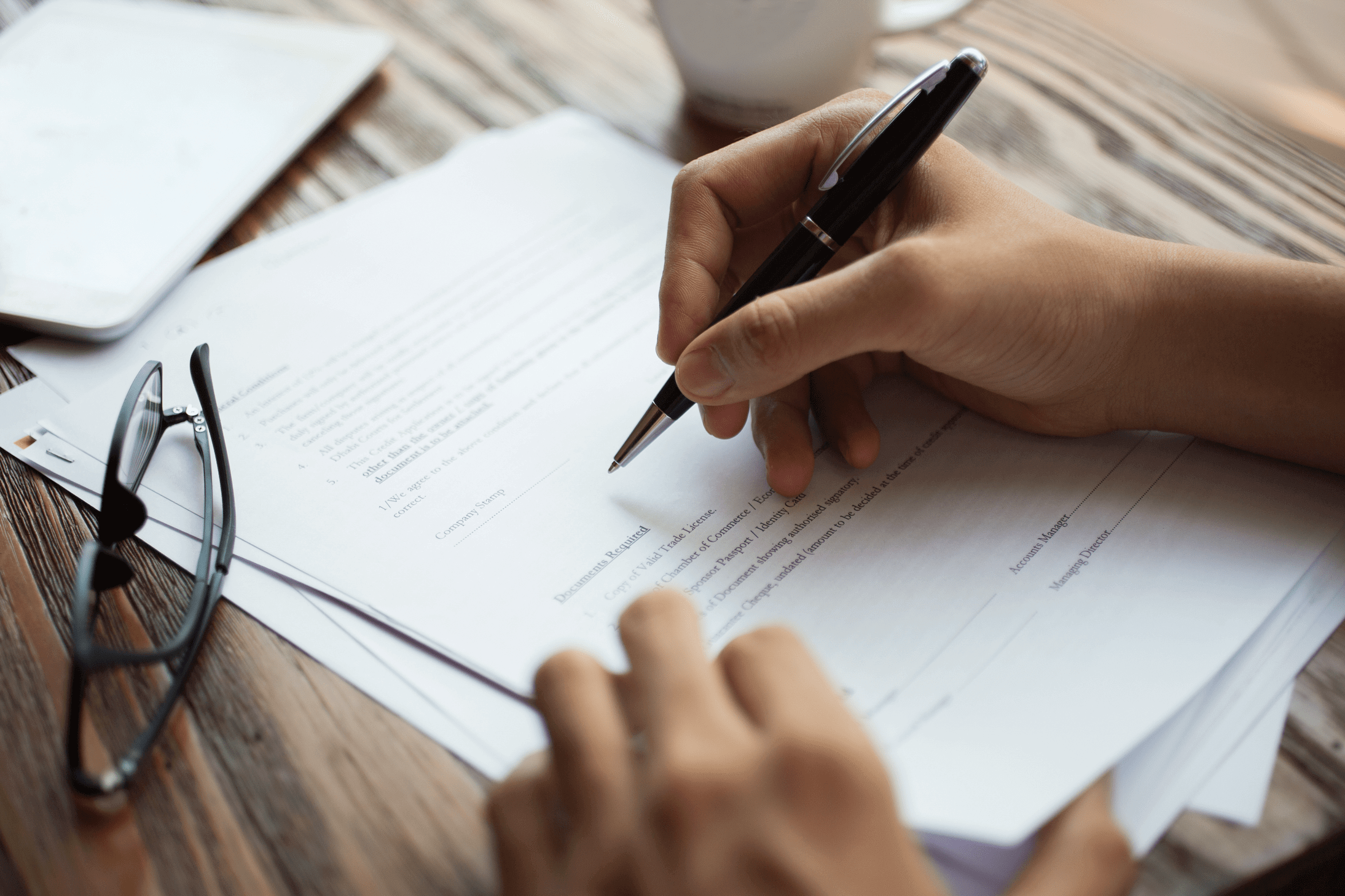
Stamp Duty – Everything you need to know
Stamp Duty – Everything you need to know
If you’re buying a home that costs more than £125,000, you’ll have to pay Stamp Duty Land Tax (SDLT) on your purchase. Use this guide to find out about how Stamp Duty works, including Stamp Duty for first time buyers, rates for second homes and how it is paid. What is Stamp Duty?Use our Stamp Duty calculator to find out how much you’ll pay.In England, Northern Ireland and Wales you’re liable to pay Stamp Duty when you buy a residential property, or a piece of land, that costs more than £125,000 (or more than £40,000 for second homes). This tax applies to both freehold and leasehold properties – whether you’re buying outright or with a mortgage.
How much is Stamp Duty?
There are several rate bands for Stamp Duty. The tax is calculated on the part of the property purchase price that falls within each band. For example, if you buy a house for £275,000, the Stamp Duty Land Tax (SDLT) you owe is calculated as follows:
- 0% on the first £125,000 = £0
- 2% on the next £125,000 = £2,500
- 5% on the final £25,000 = £1,250
Total SDLT = £3,750 Stamp Duty rates*
| Minimum property purchase price | Maximum property purchase price | Stamp Duty rate (only applies only to that part of the property price that falls within each band) |
|---|---|---|
| £0 | £125,000 | 0% |
| £125,001 | £250,000 | 2% |
| £250,001 | £925,000 | 5% |
| £925,001 | £1.5 million | 10% |
| Over £1.5 million | 12% |
*Stamp duty for residential leasehold properties are charged differently.
Stamp Duty on second homes
Buyers of additional residential properties, such as second homes and buy-to-let properties, will have to pay an extra 3% in Stamp Duty on top of current rates for each band. This increased rate applies to properties bought for £40,000 or more. It doesn’t apply to caravans, mobile homes or houseboats. If you buy a new main residence but there’s a delay in selling your previous main residence, you’ll have to pay the higher Stamp Duty rates as you’ll now own two properties. You can request a refund for the amount above the normal Stamp Duty rates if:
- You sell your previous main residence within three years, and
- You claim the refund within three months of the sale of your previous main residence, or within 12 months of the filing date of your self-assessment tax return, whichever comes later.
For an application form and more information, visit the GOV.UK website.
Stamp Duty for first time buyers
A person is generally classified as a first-time-buyer if they’re purchasing their only or main residence and have never owned a freehold or have a leasehold interest in a residential property in the UK or abroad.If you’re a first-time-buyer in England, Wales or Northern Ireland, you will pay no Stamp Duty on properties worth up to £300,000. This means if you are a first-time-buyer, you will save up to £5,000. For properties costing up to £500,000, you will pay no Stamp Duty on the first £300,000. You will pay Stamp Duty on the remaining amount, up to £200,000. If the property you are buying is worth over £500,000, you will pay the standard rates of Stamp Duty. For example, if the property you want to buy is worth £450,000, you will only pay Stamp Duty on £150,000.
When do you have to pay Stamp Duty?
You’ll need to submit a Stamp Duty Land Tax return and pay what you owe within 30 days of completing the purchase of your home. If you don’t submit a return and pay the tax with that 30 days, HMRC might charge you penalties and interest.Find out more about Stamp Duty penalties and interest on the GOV.UK website.
When is Stamp Duty not payable?
You’ll automatically avoid Stamp Duty if you buy a property for less than £125,000. But for many homebuyers this just isn’t possible. There are other circumstances in which Stamp Duty is either not payable or can be reduced:
- Slightly over rate band. If the price is only just within a higher band, ask the seller or estate agent if they would accept a slightly lower price.
- Transfer of property in separation or divorce. If you’re divorcing or separating from your spouse or partner, there’s no Stamp Duty to pay if you transfer a proportion of your home’s value to them.
- Transfer of deeds. If you transfer the deeds of your home to someone else – either as a gift or in your will – they won’t have to pay Stamp Duty on the market value of the property.
However, if you exchange properties with another person, you will each have to pay Stamp Duty on the property you receive based on its market value.To find out more about transfer of deeds, go to the GOV.UK website.Find out about other situations where Stamp Duty might not be payable on the GOV.UK website.
How to pay Stamp Duty
Usually your solicitor will deal with the Stamp Duty return and any payment due for you, although you can do it yourself. Either way, you’re responsible for making sure it’s all submitted on time. If the price of your new home is under £125,000, you must still submit a return (unless exempt) even though you won’t need to pay any Stamp Duty.Learn about filing a return and paying Stamp Duty on the GOV.UK websiteopens in new window.
Proposed changes to payment process
The government is currently consulting on making changes to the Stamp Duty Land Tax filing and payment process. One proposed change is to reduce the time given to file and pay the tax from 30 days to 14 days. These changes could take effect in the 2017-2018 tax year.
Other Stories
 Sep 25, 2023
Sep 25, 2023
Acquisition of Former Ulster Bank Premises in Comber
Learn More…

Patterson Donnelly Solicitors/PDS LAW
Learn More…

Stamp Duty Holiday
Learn More…
 Dec 24, 2019
Dec 24, 2019
Comber Solicitors Office – Property Solicitor, Family Solicitor, Claims Solicitor – Everything Legal
Learn More…Established for over 110 years
Trusted to get the best result for you
Local Experts with local knowledge
Lexcel Accredited
Clear Cost-effective pricing
Use of latest technology
Work With Us
Apply Now

Our Experts
We have experts across a variety of sectors and we believe we are the best.
Learn More...
Latest News
We have experts across a variety of sectors and we believe we are the best.
Learn More...
Our Services
We have experts across a variety of sectors and we believe we are the best.
Learn More...